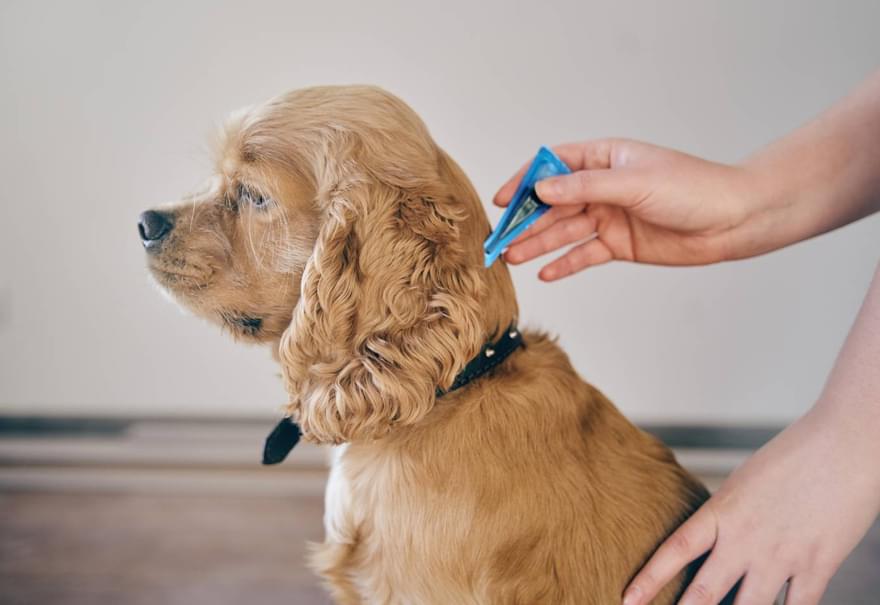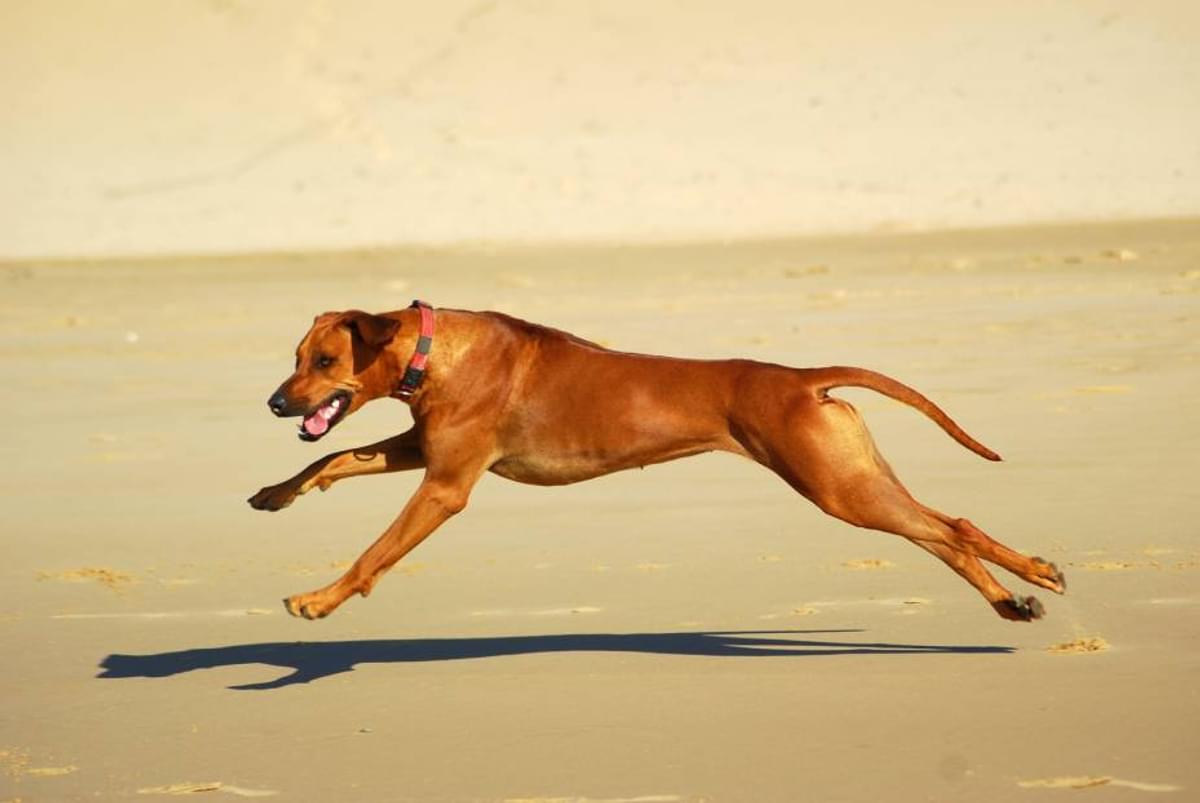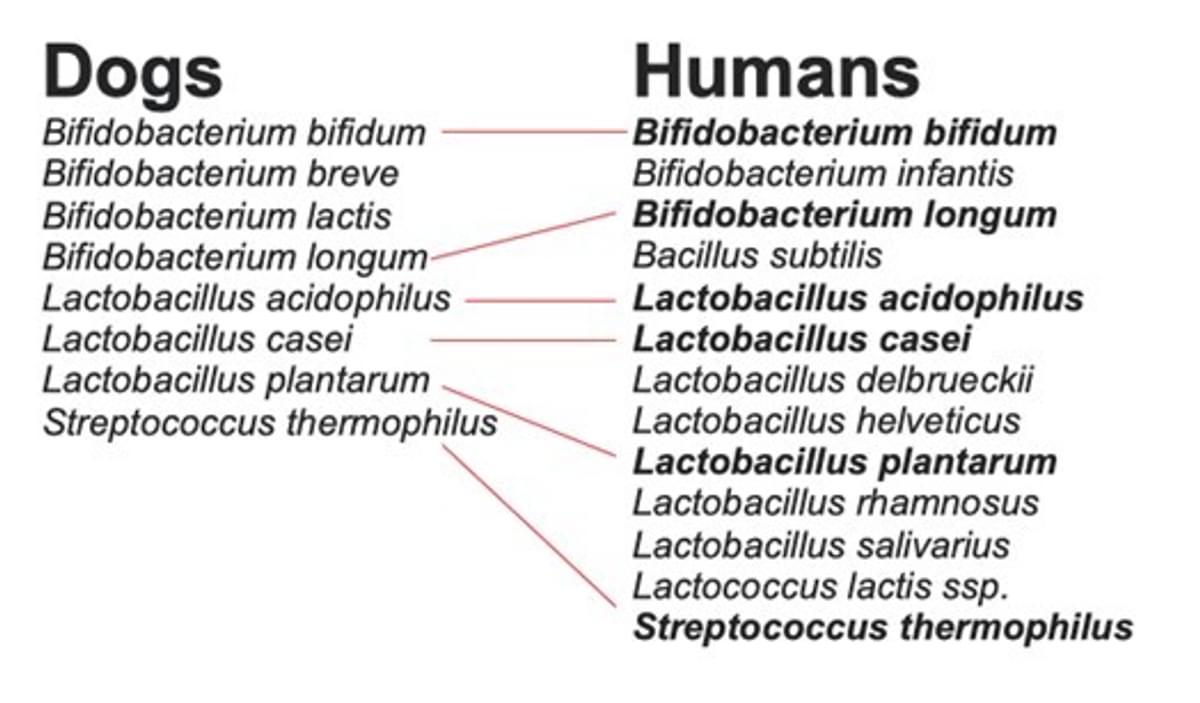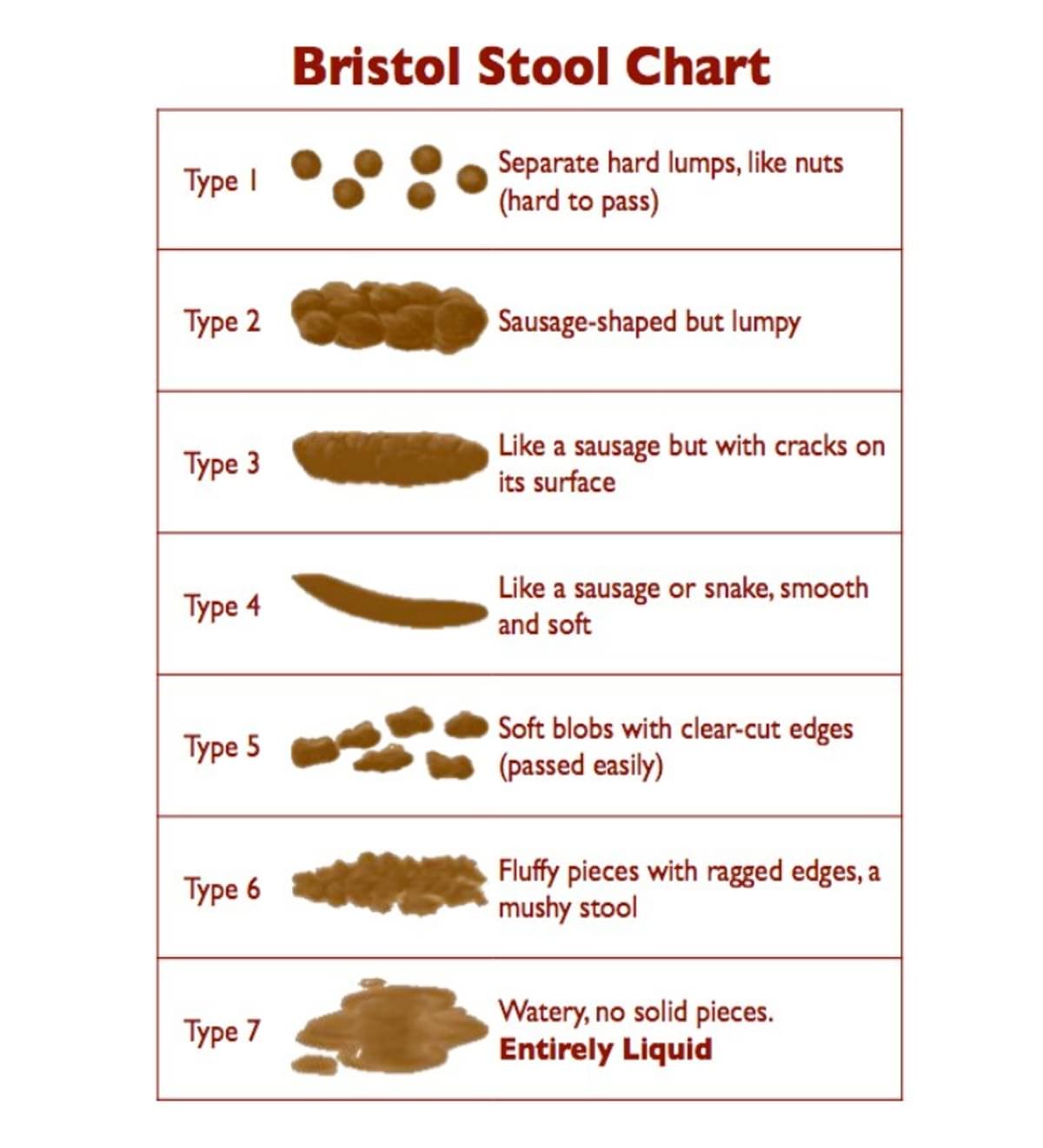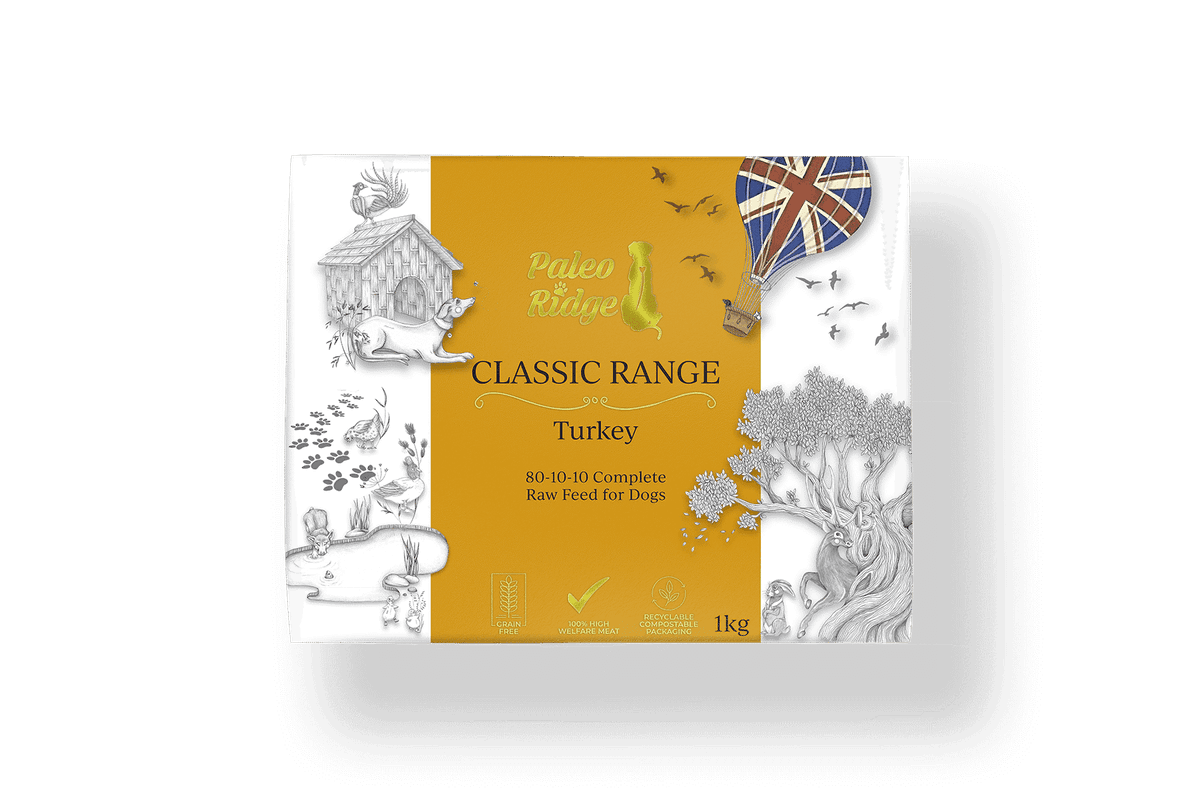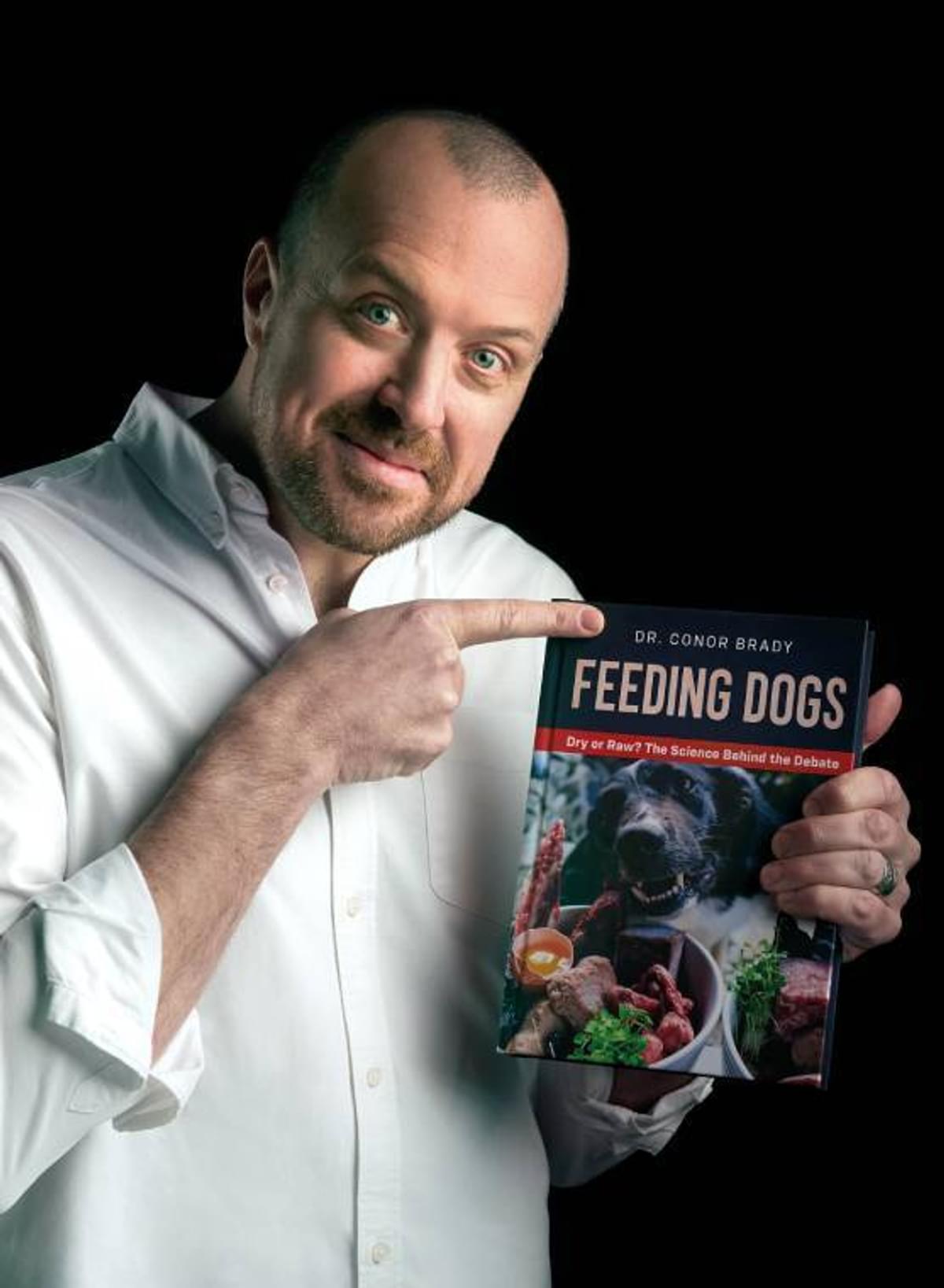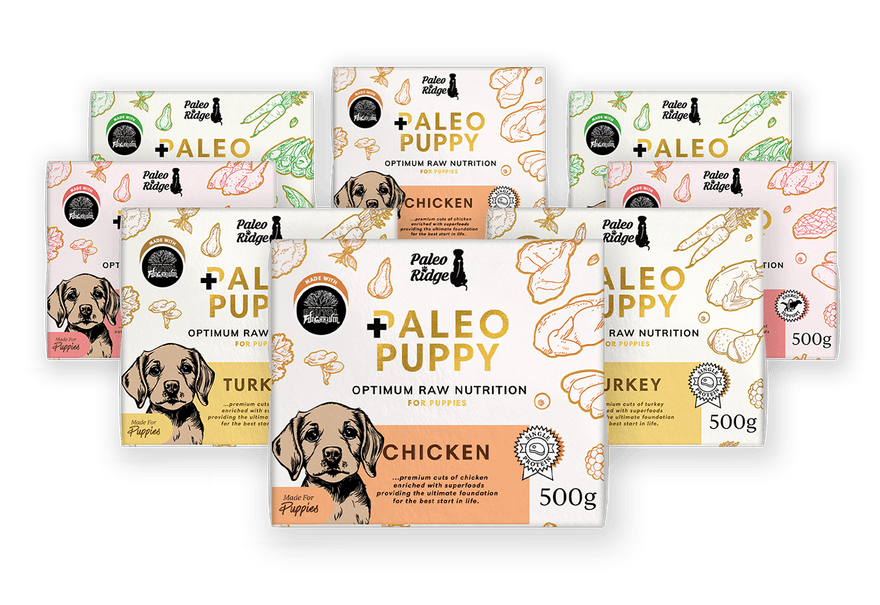We haven’t the time to get into it right now but allergy
tests don’t work well enough to make them worth the spend. First, the cheap
ones that test for hundreds of proteins are based on bioresonance. Please avoid
these. However, even the blood tests conducted by your vet are very hit and
miss. In fact, tests of these tests, reveal they are at best a rough guide. In
short, if you have a blood allergy test with the vet and the protein IS NOT on
list, we can work with that and cross our fingers (it will be right 80% of the
time).
Allergy tests aside, most people with constantly gut-sick
dogs know what proteins their dog does okaaaaay on and what proteins
definitely do not work. We start with that info. Others aren’t really sure at
all. For these, we seek to begin on a novel protein, in other words, something
the dog hasn’t had before or in the very least, has not had a lot of.
For most dogs, starting on turkey or lamb is a good idea.
They are relatively novel, very often successful and, importantly, the bones of
them are readily available.
Let’s say we’re going with turkey here. First off, there’s no
point buying a whole heap of one meat or another only for him to turn his nose
up at it or, worse still, aggravate his gut condition! So start with a pinch of
the cooked turkey mince mixed well into his normal food (and put a little blob
on the side...see if he goes for it). Next meal increase the dose.
If it works, pick yourself up a whole turkey, organic if
possible. If it does not work and the turkey addition clearly makes him worse
for more than 2 or 3 meals, move on to your next meat (e.g. lamb or venison or
duck or rabbit…).
